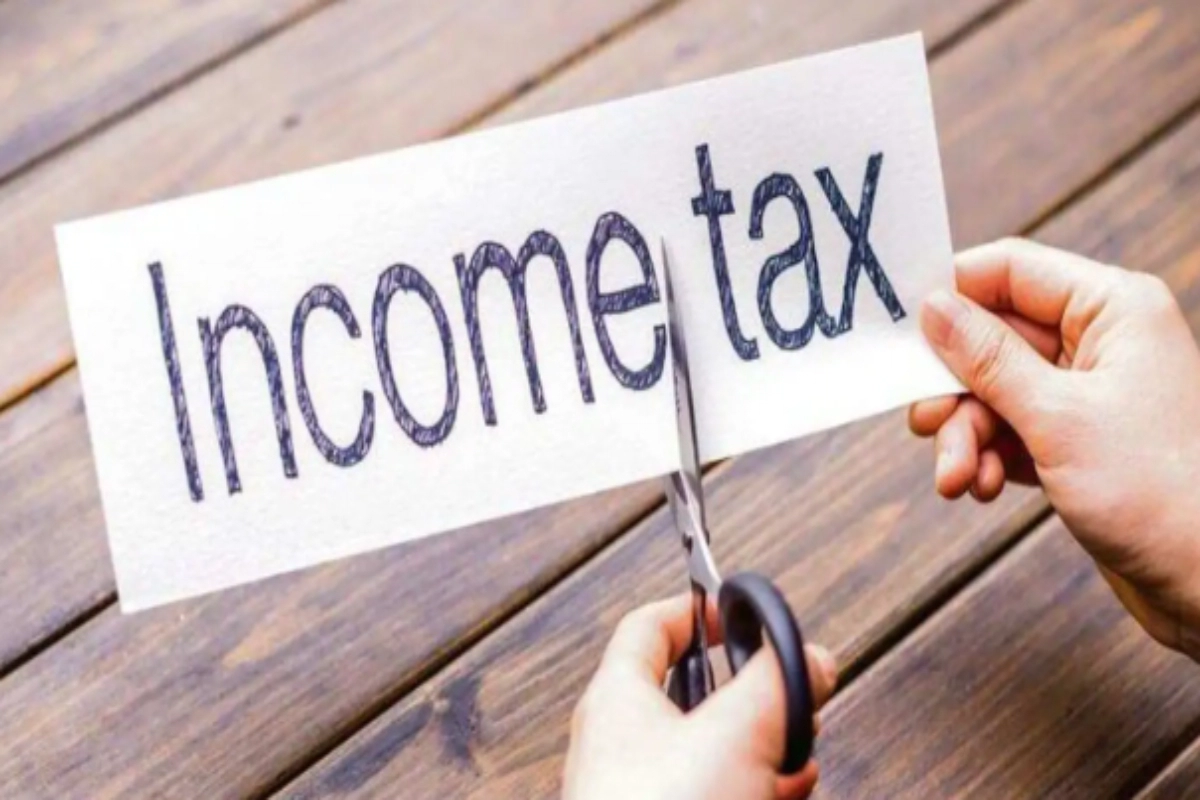Income Tax News: Increasing their tax exemptions is a top priority for many taxpayers as the Income Tax Return (ITR) filing deadline draws near. The House Rent Allowance (HRA) is one such exemption that drastically lowers taxable income. But not every employee receives HRA as a portion of their pay. The Income Tax Act offers such people an additional way to claim tax advantages on rent paid under Section 80GG.
Eligibility for Section 80GG Deduction
Taxpayers who do not get HRA may deduct their rent payments under Section 80GG. In order to qualify for this deduction, a few requirements need to be fulfilled:
Individuals Who Are Self-Employed or Not getting HRA Salary: The taxpayer must be either self-employed or have a salary without getting HRA.
Rent Payment: If the taxpayer needs lodging, they must pay the rent.
No Other Residential Property: In the place of residence, the taxpayer, their spouse, or their minor kid are not permitted to own any residential property.
Deduction amount under Section 80GG
The List of the following determines the deduction amount under Section 80GG:
Monthly income of Rs 5,000
25% of total income (not including deductions for long-term capital gains under Sections 80C through 80U).
10% of the total revenue less the actual rent paid
Claiming HRA Exemption in ITR
In order to claim the deduction, taxpayers must file a declaration on Form 10BA attesting to their compliance with the requirements. You may claim the HRA exemption while completing your ITR, even if you actually get HRA but did not claim it through your workplace. To substantiate your claim, you must offer official documentation such rent receipts and a rental agreement. You may more efficiently arrange your taxes and make sure you don’t lose out on any allowable deductions by being aware of these regulations.











